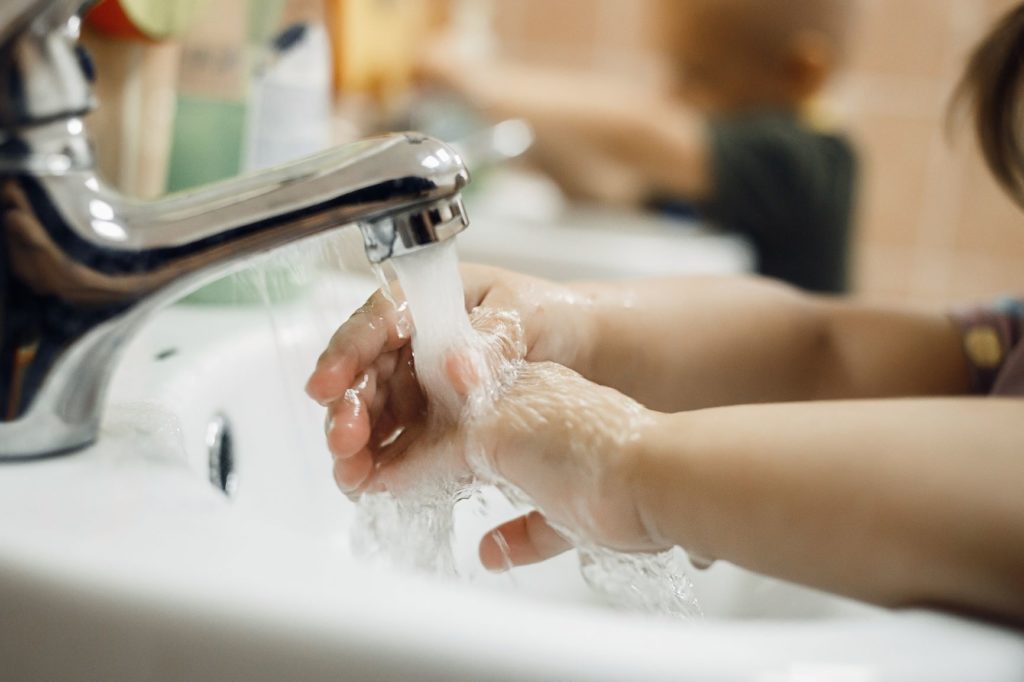Introduction
Good hygiene is the cornerstone of a healthy life. Teaching Kids Good Hygiene practices not only safeguards their well-being but also instills habits that will stay with them for a lifetime. In this article, we delve into the intricate details of cultivating healthy hygiene habits in kids.
The Importance of Teaching Kids Good Hygiene
Good hygiene is the foundation of good health. As responsible adults, it is our duty to impart this knowledge to the younger generation. Teaching kids good hygiene habits has several compelling reasons:
1. Disease Prevention
Children are highly susceptible to illnesses, and many of these can be prevented with proper hygiene. Teaching them to wash their hands, cover their mouths when they cough or sneeze, and avoid sharing personal items can significantly reduce the spread of contagious diseases.
2. Self-Confidence
Maintaining good personal hygiene enhances a child’s self-esteem. When they look and feel clean, they are more likely to have confidence in social interactions.
3. Lifelong Habits
The habits children form in their formative years often stick with them throughout adulthood. By instilling good hygiene practices early on, we are setting them up for a healthier future.
Practical Tips for Teaching Kids Good Hygiene
Now that we’ve established the importance of teaching good hygiene, let’s explore some practical tips to make this process effective and enjoyable for both parents and children.
1. Lead by Example
Children learn by observing adults. Therefore, it’s crucial for parents and caregivers to model good hygiene practices. Brush your teeth, wash your hands, and maintain cleanliness to serve as a positive example.
2. Make It Fun
Learning about hygiene doesn’t have to be boring. Turn it into a game or a fun activity. Sing a hand-washing song together or make toothbrushing a fun ritual.
3. Explain the ‘Why’
While we won’t delve into the intricacies of SEO here, it’s essential to explain to children why hygiene matters. Simple, age-appropriate explanations about germs and their impact on health can go a long way in making them understand the importance.
4. Consistency Is Key
Consistency is vital when teaching kids good hygiene habits. Establish a routine for brushing teeth, taking baths, and washing hands, and stick to it.
5. Use Visual Aids
Visual aids, such as posters or educational videos, can help children grasp the concept of hygiene better. These tools can also make learning more engaging.
Common Teaching Kids Good Hygiene
Now, let’s break down some of the fundamental hygiene practices that every child should learn:
1. Hand Washing
Hand washing is one of the most critical hygiene habits. Teach your child to wash their hands before meals, after using the restroom, and after playing outside. Use warm water and soap, and ensure they scrub for at least 20 seconds.
2. Dental Care
Proper dental care is crucial for a healthy smile. Teach your child to brush their teeth at least twice a day, floss regularly, and visit the dentist for check-ups.
3. Respiratory Hygiene
Explain to your child the importance of covering their mouth and nose when coughing or sneezing. Use tissues or the crook of their elbow to contain germs.
4. Personal Grooming
As children grow, they should learn to groom themselves. Teach them about bathing, hair washing, and nail trimming as they become age-appropriate.
Conclusion
In conclusion, teaching kids good hygiene habits is a fundamental responsibility for parents, caregivers, and educators. By instilling these habits in children, we not only protect their health but also empower them with skills that will last a lifetime.
